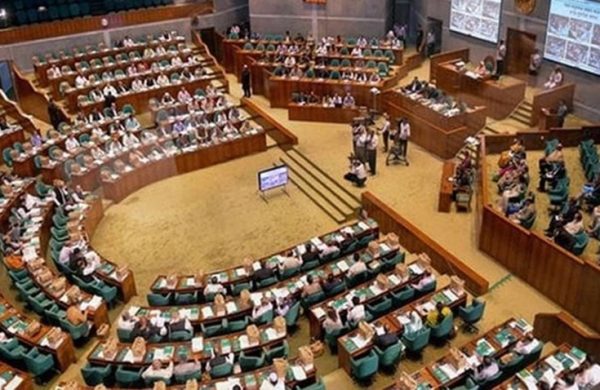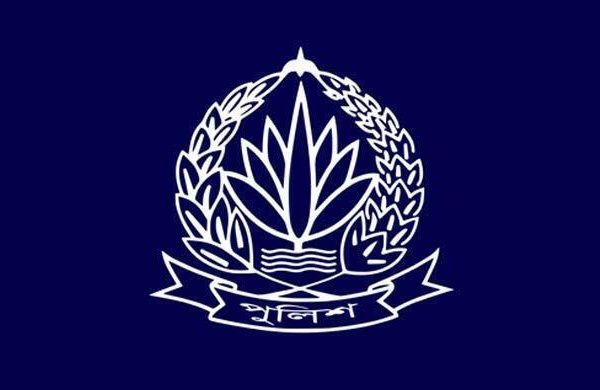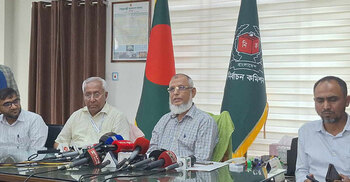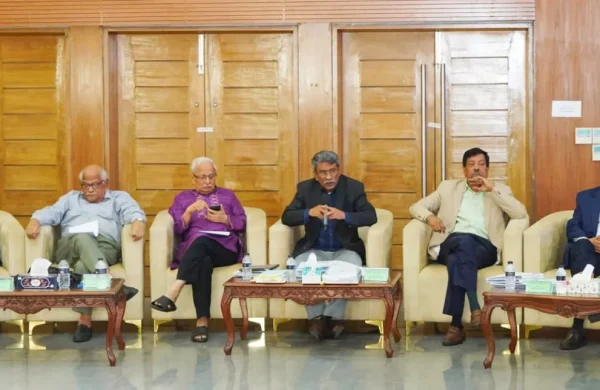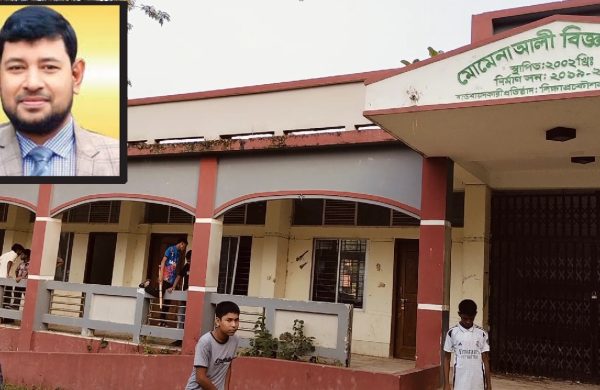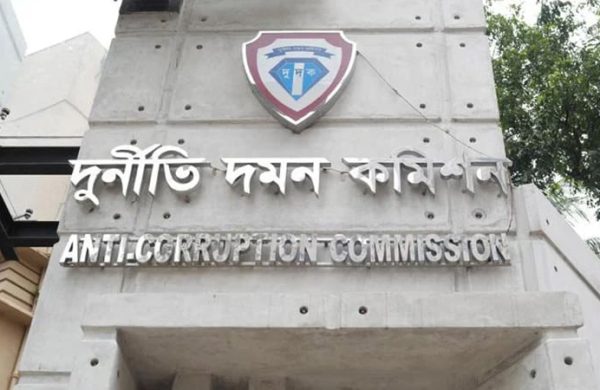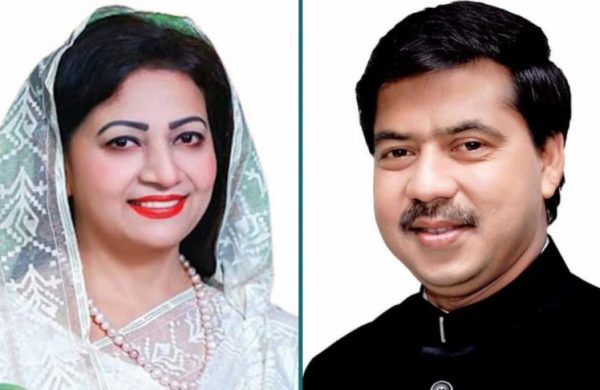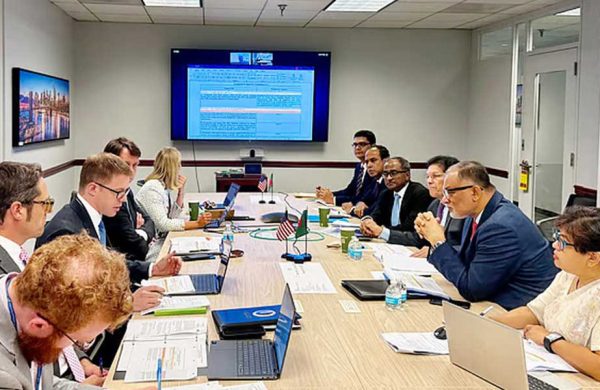Experts link Bangladesh’s economic stability to strong law and order
- Update Time : Wednesday, June 11, 2025
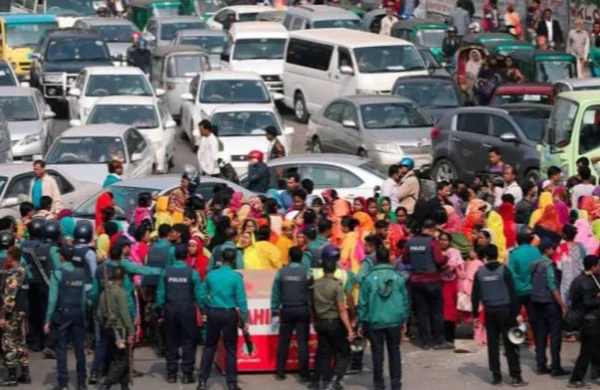
Staff Correspondent:
As Bangladesh continues to navigate a period of political transition and land and order problems, stakeholders like economists, security experts and business leaders have stressed that the nation’s economic progress cannot be sustained without a stable law and order situation.
Rising political unrest, factory closures and disruptions to trade and production are clear indicators of an unstable environment.
The effects of insecurity and disorder are being felt across various sectors, from the garments hubs in Gazipur to financial institutions in Motijheel.
Since the interim government, led by Nobel Laureate Professor Dr Muhammad Yunus, took office in August 2024 following the removal of former Prime Minister Sheikh Hasina, calls for fresh elections have intensified.
The absence of a clear election roadmap has led to widespread protests and sporadic violence, disrupting daily life and business in urban centres.
Disruptions are visible in key sectors — from garment hubs in Gazipur and Ashulia to financial institutions in Motijheel.
Intelligence agencies report that over 200 garment factories were shut temporarily in September 2024 due to labour unrest, threatening export reliability and affecting thousands of workers.
To address the unrest, the interim government formed a joint command centre in February to coordinate security efforts under ‘Operation Devil Hunt’. Yet, concerns from the business community and economists persist.
Taskin Ahmed, President of the Dhaka Chamber of Commerce and Industry (DCCI), said business leaders are deeply worried about safety and demand a secure, disruption-free environment for operations.
Abdus Salam, former DCCI Senior Vice President, added that businesses paying taxes and VAT are being destabilised by unrest—something he called unacceptable.
Professor Selim Raihan, Executive Director of SANEM, pointed out that global trade realignments present opportunities for Bangladesh, especially under the ‘China+1’ strategy. He, however, warned that these prospects hinge on ensuring safety, security, and a smooth business environment.
Brigadier General (Retd) Md Abdul Hamid emphasised that worsening law and order, fuelled by political agitation and disinformation, now threatens economic development.
He highlighted that frequent protests in Dhaka are disrupting commerce and transport. Investors, he noted, are increasingly concerned about law and order, corruption, and unreliable energy supplies—factors that increase costs and discourage investment.
Rights activist Ashis Kumar Dey, General Secretary of the National Committee to Protect Shipping, Roads and Railways, echoed the need for social stability, warning that neither local nor foreign investors will commit under current conditions.
Analysts stress that stabilising law and order is not only the duty of security agencies but a prerequisite for long-term planning and development. They urge political actors to prioritise national interest, agree on election timelines, and enact key reforms.
GRIM COST OF FAILING LAW AND ORDER
Law and order and a stable economy are inseparable threads in a nation’s fabric. When either frays, the effects are far-reaching, eroding livelihoods, undermining confidence and threatening national progress, according to the experts.
They said a secure environment fosters investment, job creation and growth. But recent spikes in crime, delayed justice, and weak enforcement have shaken public trust. For investors, instability signals risk.
Combined with inflation, unemployment and reduced growth forecasts, the economic outlook is worsening.
The cycle is vicious—poor law and order hampers business, while economic distress fuels unrest. If left unaddressed, this could spiral into long-term stagnation, they added.


